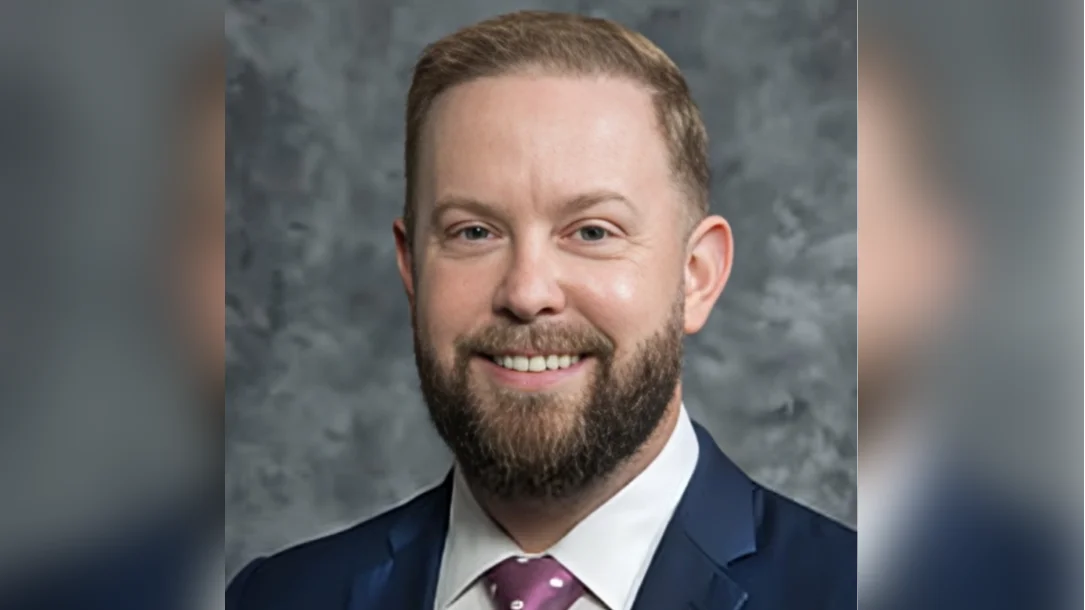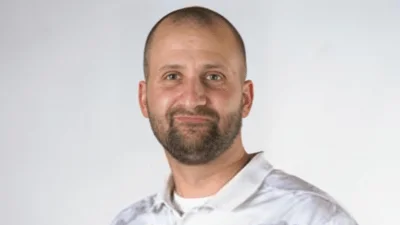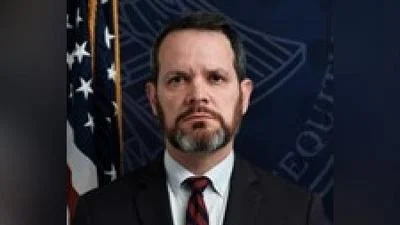David Knezek Chief Operating Officer | Michigan Department of Health & Human Services Website
David Knezek Chief Operating Officer | Michigan Department of Health & Human Services Website
The Michigan Department of Health and Human Services (MDHHS) has been awarded a State Opioid Response grant amounting to nearly $36.4 million for the fiscal year 2024 by the Substance Abuse and Mental Health Services Administration (SAMHSA). Over a span of three years, Michigan is expected to receive more than $109 million in federal funding aimed at tackling the overdose crisis.
“These federal funds help our state address the multi-generational impact of the opioid epidemic as well as well as the racial disparities that exist with substance use disorder,” stated Elizabeth Hertel, MDHHS director. “Programs focused on prevention, harm reduction, treatment and recovery are saving the lives of Michigan residents each and every day. We will use these dollars to continue investing in supports, improvements and enhancements that further our efforts to decrease substance use disorders, improve treatment options and improve recovery success.”
The State Opioid Response funding is set to enhance access to medications for opioid use disorder (MOUD) through three FDA-approved medications. It also aims to reduce unmet treatment needs, lower overdose-related deaths via prevention, treatment, harm reduction, and recovery activities for opioid use disorder (OUD) and stimulant use disorders (StUD), while improving treatment quality for both disorders.
Recipients of this grant include Michigan’s 10 Prepaid Inpatient Health Plan regions responsible for publicly funded substance use disorder treatment services. Other beneficiaries include the Inter-Tribal Council and Saginaw Chippewa Indian Tribe, syringe service programs across Michigan, Michigan State University, University of Michigan, Wayne State University along with other state and local agencies offering substance use disorder services.
Key projects under this initiative involve a "warmline" connecting individuals with MOUD prescribers; peer recovery coaching services; evidence-based prevention programs for youth; naloxone distribution coupled with overdose education; tribal nation-focused initiatives supporting mothers affected by neonatal abstinence syndrome; Recovery Friendly Workplace training statewide; linkage services through local community coalitions working with health disparate populations; overnight stays in recovery housing adhering to National Association for Recovery Residences standards; and the UNITED Michigan campaign combating stigma associated with opioid use disorder.
Since 2018, Michigan has secured $254 million in State Opioid Response funding dedicated to addressing substance use disorder throughout the state.
This financial support supplements nearly $1.6 billion from national opioid settlements that Michigan is projected to receive by 2040. Half of these funds will be allocated to the State of Michigan Opioid Healing and Recovery Fund while the remaining half will be distributed directly among county, city, and township governments.
For further details on Michigan’s strategy against the overdose crisis, visit Michigan.gov/SUD.






 Alerts Sign-up
Alerts Sign-up